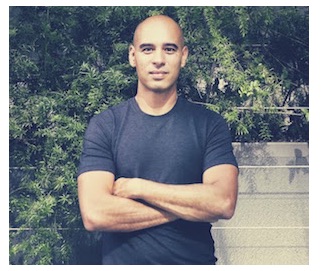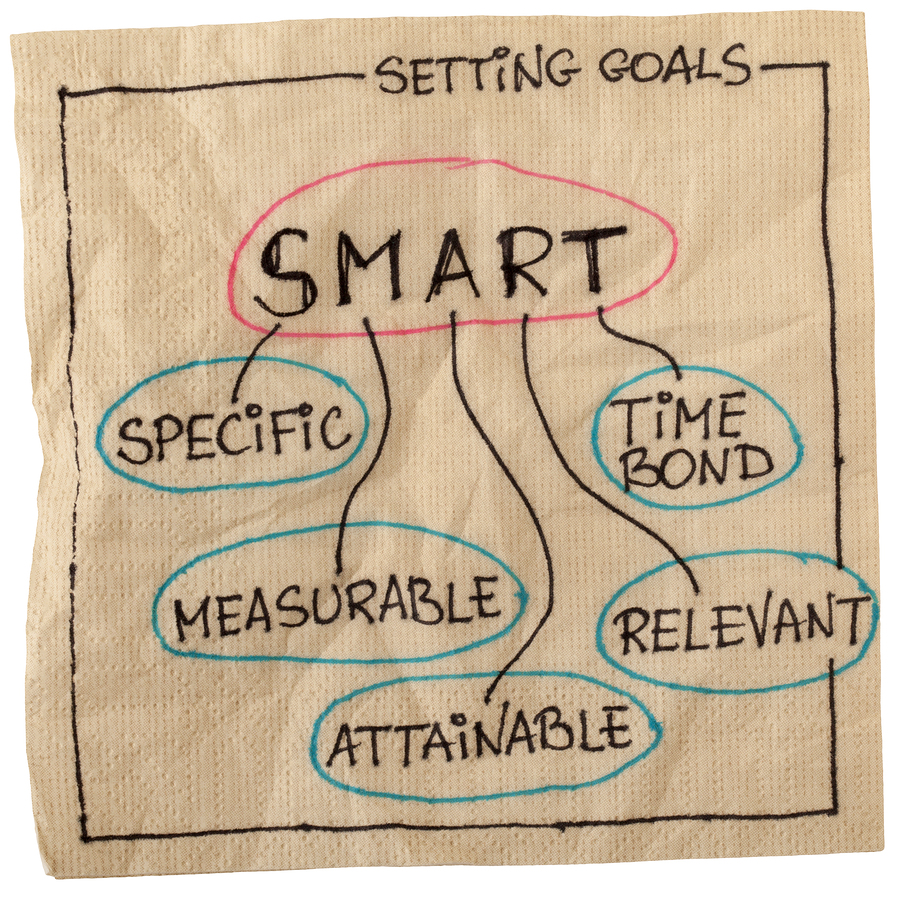What is your day like as an entrepreneur? Do you have certain times that you perform certain tasks? Do you find that you are more productive at certain times than other times?
In this post, we take a closer look at some of the schedules of entrepreneurs, both past, and present, to see a pattern emerge of what makes a good schedule. There are about as many ways to plan your day as entrepreneurs. But you may get some inspiration by reading this post on how to better organize your day!

Schedules of Well-Known Entrepreneurs
Here is a weekly schedule of one entrepreneur as posted in an entrepreneur scheduling app by Twitter founder, Jack Dorsey. Here is his daily list.
- Monday: Managing and running the company
- Tuesday: Product Development
- Wednesday: Marketing and communications, growth
- Thursday: Developers and partnerships
- Friday: Company culture and recruiting
Let’s analyze what Jack is doing each day. On Monday, he focuses on managing and running the business. On Tuesday, he focuses on product development. He does marketing and communications on Wednesday. Does this mean that he does not communicate with clients or business partners on any day than Wednesday? Probably not.
If this were your schedule, you would want to have another list in which you broke down the specifics of each of these jobs. If you notice, all of them are quite broad. It’s fine to create broad goals that you can glance at and remind yourself of what you are supposed to be working on. But you will likely want to have a more detailed list that breaks it down into minute tasks so that you will know that you are accomplishing it.
In a way, Dorsey’s schedule is way too general and should be fine-tuned to include more specific tasks to complement the overall goals you have listed here.

Another Example
Benjamin Franklin was one of our countries first true entrepreneurs (all of our Founding Fathers were entrepreneurs, by the way). Franklin created numerous inventions and started American insurance with a company he set up to cover fire damage and loss from fires.
His daily routine indicated that he followed the following schedule:
- 5-7 a.m.
From 5-7 a.m., Franklin rose and got dressed for the day. He planned his day meticulously and prepared for his day. - 9 a.m.-12 p.m.
From 9 a.m.-12 p.m., he had down, “work.” This is quite general, but likely he had specific tasks in mind when he put this on his schedule. - 12-2 p.m.
From 12 noon to 2 p.m., Franklin dined and looked over his accounts. - 2-6 p.m.
From 2-6 p.m., he went back to work until 6 pm, when he enjoyed an evening of music, reflection, and analysis of his day from 6-9 p.m. - He scheduled sleep from 10 p.m. to 4 a.m.

Leo Babauta
Leo Babauta who is known for living a “Zen” life based on certain habits of self-reflection, says that the early morning hours are the best time to plan the day’s schedule. He focuses on thinking about the most important tasks for the day early in the morning. He then starts doing his exercise and fitness routine and fixes lunches for his kids and other housekeeping chores.
Below is his morning schedule that he follows daily:
- Wake up at 4:30 a.m.
- Drink water.
- Decide on the three most important tasks for the day (MITs).
- Fix lunches for kids and myself.
- Eat breakfast and read.
- Exercise or meditate.
- Shower.
- Wake wife and children at 6:30 a.m.
The Schedule Hack
Here is a unique idea that focuses on a simple way to stay energized and focus on one major task at a time. It is mysteriously void of a specific schedule but rather focuses on one specific aspect of the business each day, with three rest days worked into the schedule as well.
The idea of this unique entrepreneur program is to avoid the lag that is often experienced in the middle of the week while focusing and working harder on the other days.
This graphic shows why this idea works. It may sound illogical, but there is scientific evidence that proves that people who work fewer hours are more productive.
Less is More
Most entrepreneurs are workaholics. We tend to think that working more is always better and that we will be more productive if we work constantly. But the brain (and the body) needs rest. Taking a day off in the middle of the week can keep you energized for the rest of the week and kept your productivity high.
The graphic above shows that productivity goes down in direct proportion to more hours worked. Granted, other factors influence your level of productivity. But studies show that too much intense work can lead to a decline in productivity.
There are, of course, others things you can do to increase your productivity such as short breaks between work periods and doing something fun like exercise or another favorable activity that boosts your energy between jobs.
However, you do it, keeping a balance between your work and off time can go a long way toward increasing your productivity and energy level.
The Daily Scheduling Approach
Because of the diversity of some entrepreneur’s business goals and responsibilities, it may be necessary to create a schedule that differs from day to day. Some people prefer to have specific things that they do each day that are consistent.
But creating a new schedule each morning or the night before the day you plan to implement it may give you more focus on the tasks at hand. The important thing to remember is to do what works for you and not just to emulate other entrepreneurs. It may work for them. But it doesn’t mean it’s best for you.
By creating a different schedule every day, you can see what needs to be completed from the day before and create new goals for the next day based on what you achieved the day before.

Scheduling for Success
When it comes to scheduling for success, you should choose what works best for you. Focusing on your most productive time frame to work on the hardest tasks is a great idea, as well as being aware of when you are the most efficient. Monitoring your actual time use as opposed to your schedule or plan will give you some insight as to how you are using your time.
It may help to follow other entrepreneurs’ scheduling to see how they best use their time for their success. But the best thing to do is to think about your goals and how you should use your time to your advantage.
As we’ve said repeatedly about other topics surrounding the life of an entrepreneur, it’s good to observe what others do as a reference or to get some inspiration for what you want to do. But, to choose the best path, you should always consider your specific goals and obligations and decide what works best for you.
